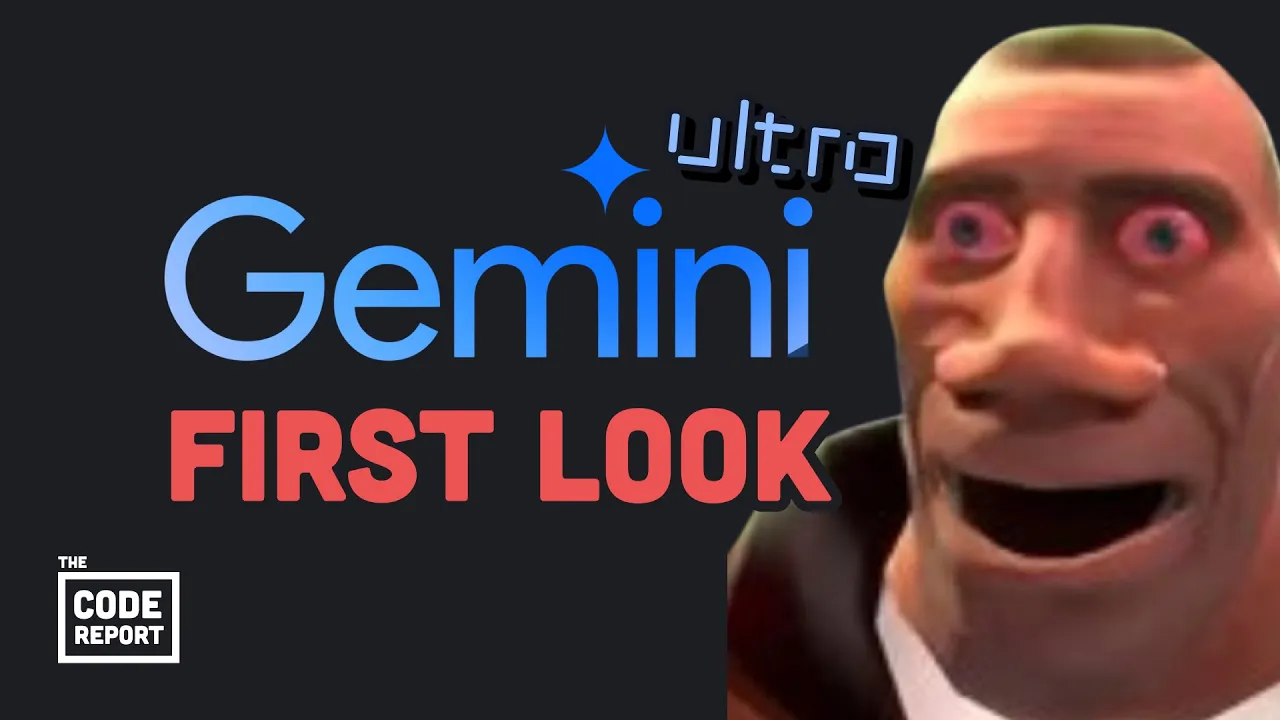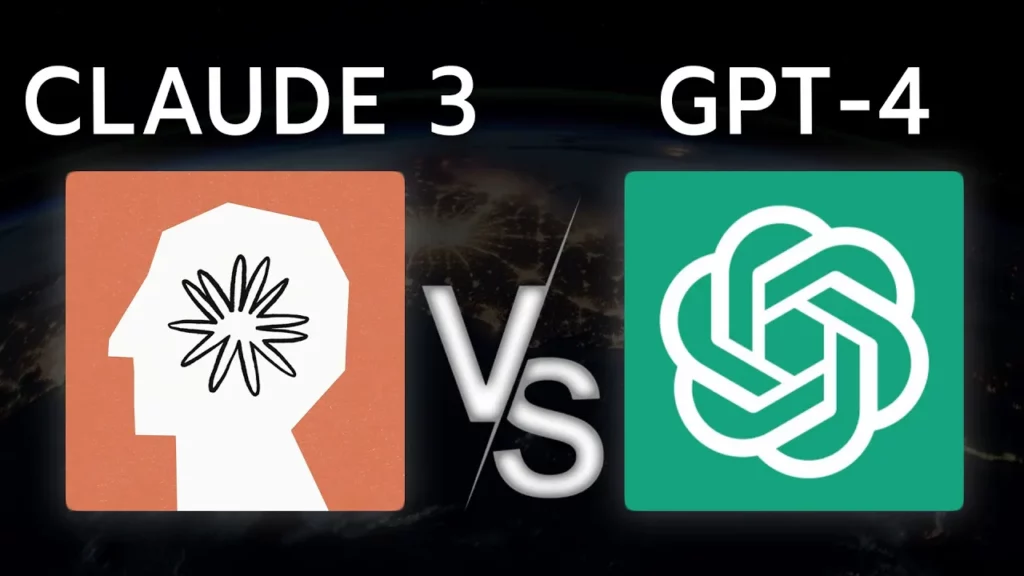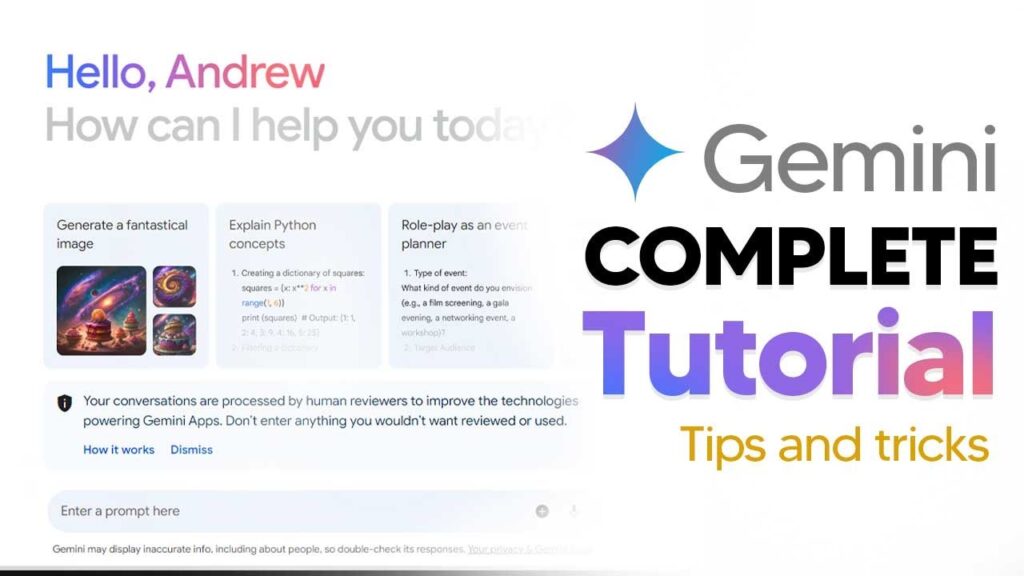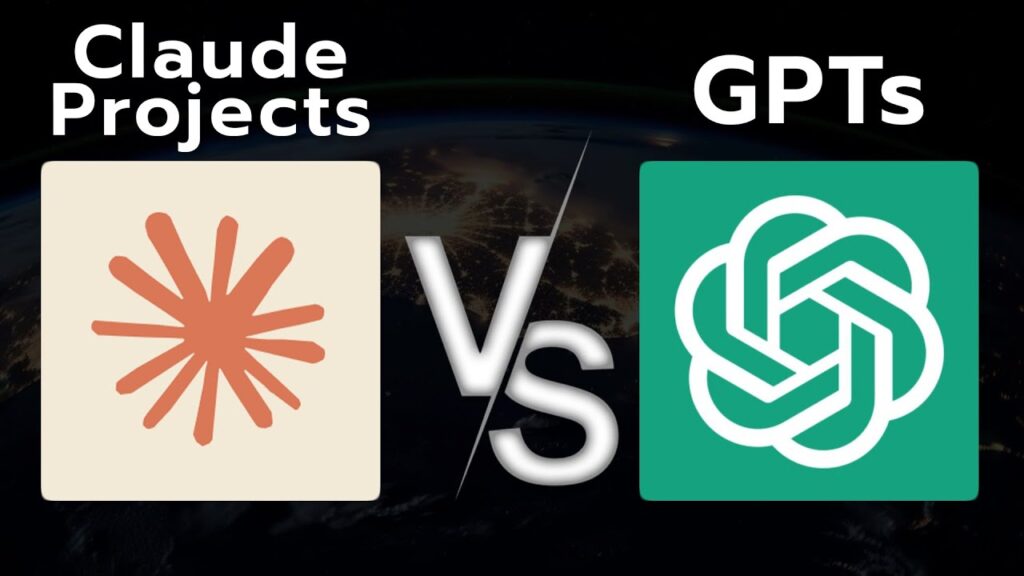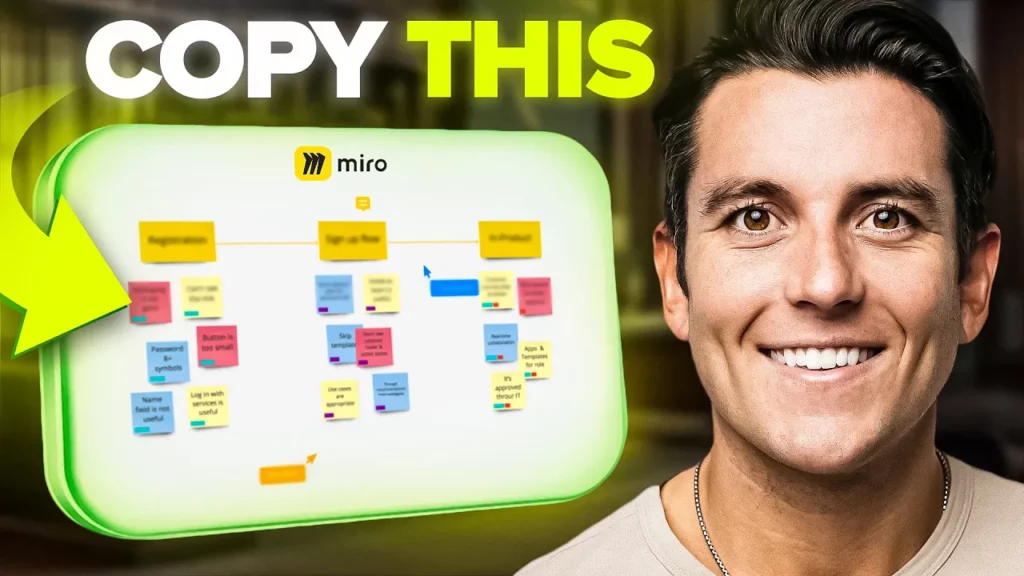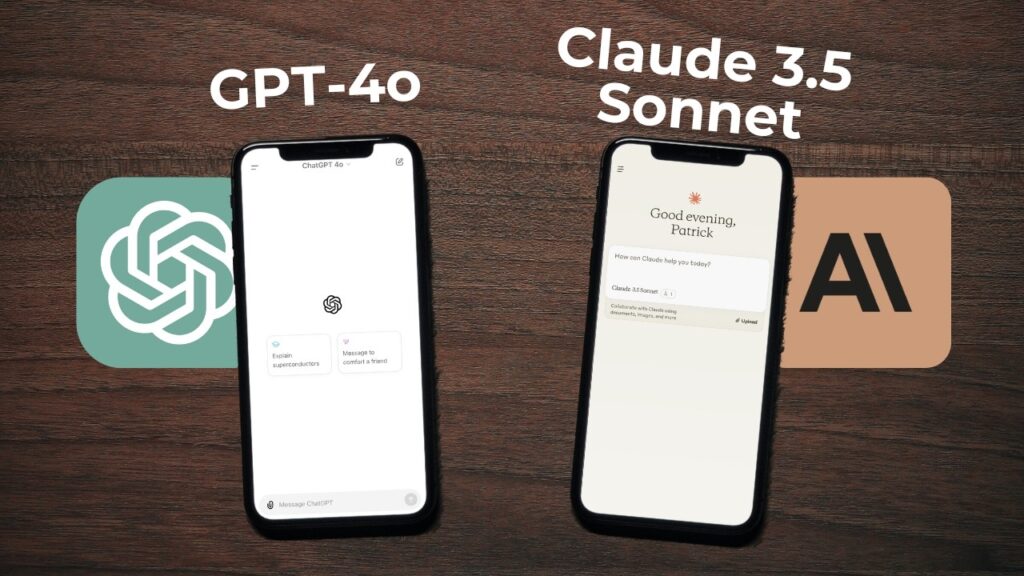Google recently unveiled Gemini Advance, a cutting-edge large language model touted to rival GPT-4 in speed, response quality, and safety measures. This AI breakthrough drew attention for promising capabilities surpassing its predecessor.
In a unique test requesting a poem about JavaScript in the style of Bukowski, Gemini showcased its prowess by delivering a dark and compelling piece, demonstrating a blend of technicality and creativity. It set itself apart by maintaining strong ethical boundaries, refusing tasks involving violence and reacting sensitively when prompted with concerning topics.
When put to the test with unreadable code, both Gemini and GPT-4 exhibited exceptional abilities to decipher the language and purpose, showcasing their coding proficiency. In writing junior-level demos, Gemini’s results were detailed yet required manual adjustments for execution, highlighting room for improvement in practical coding tasks.
Gemini’s advantage lies in its transparency, linking users to relevant code sources, fostering a sense of credibility in its data processing. However, it falls short in code execution compared to GPT-4, requiring cloud-based running mechanisms, limiting its autonomy in learning from results.
While GPT-4 boasts an agent marketplace allowing developers to enhance its functionalities with plugins, Gemini’s closed extensions, primarily Google-based, offer limited but practical features such as flight information and video summarization. Despite its promising performance, Gemini still faces the ultimate question of whether it can outmatch GPT-4 in the long run.
As the AI landscape continues to evolve, Gemini Advance stands as a formidable contender, raising the bar for language modeling capabilities. Whether it can surpass GPT-4’s reign remains to be seen, as the competition between these giants propels innovation in the field of artificial intelligence.
